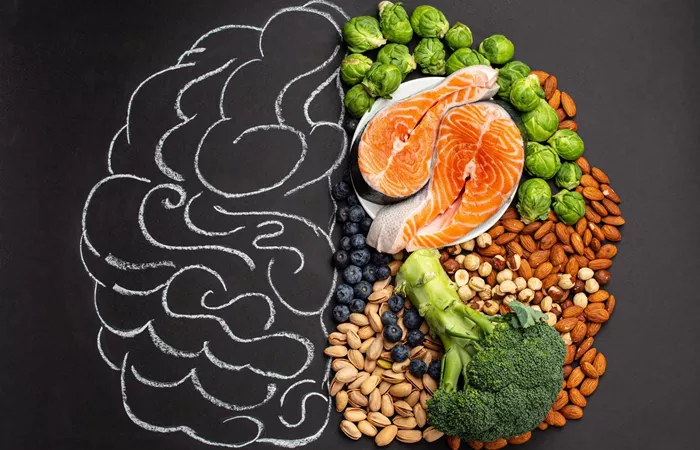Recent research highlights the role of trimethylamine-N-oxide (TMAO), a gut microbiota-derived metabolite, in heart disease and neurodegeneration. Diet influences TMAO levels, affecting the risk of conditions like stroke and Alzheimer’s. Scientists in Italy explored how dietary choices impact its biosynthesis and associated health risks.
The Role of Gut Microbiota in TMAO Production
The human gut microbiome plays a crucial role in metabolizing dietary compounds. TMAO forms when gut bacteria break down choline and carnitine, found in red meat, eggs, and dairy. These are converted to trimethylamine (TMA), which is then oxidized by the liver enzyme flavin-containing monooxygenase 3 (FMO3) to form TMAO.
Genetic factors, hormone levels, and liver function influence TMAO production, affecting individual disease susceptibility. Initially studied for its role in marine life, TMAO is now recognized as a significant biomarker linked to cardiovascular diseases and neurodegeneration.
TMAO’s Impact on Heart and Brain Health
Elevated TMAO levels contribute to platelet aggregation, endothelial dysfunction, and inflammation, increasing the risk of heart disease and stroke. It enhances intracellular calcium release in platelets, promoting blood clot formation.
Additionally, TMAO induces oxidative stress and inflammation by activating the NLRP3 inflammasome and impairing the SIRT3–SOD2 mitochondrial defense pathway. This contributes to vascular damage and neuroinflammation, factors in Alzheimer’s and Parkinson’s diseases.
Findings from Recent Studies
The review examined how gut microbiota, dietary habits, and potential treatments influence TMAO levels. Researchers analyzed how specific bacteria metabolize dietary compounds into TMA, which is then processed into TMAO in the liver.
They compared TMAO levels in people consuming red meat-heavy diets versus those following plant-based or Mediterranean diets. Probiotics, nutraceuticals, and pharmaceuticals were also explored as potential interventions to regulate TMAO synthesis.
Key Takeaways
Diet and gut microbiota composition significantly influence TMAO levels. Red meat, eggs, and dairy increase TMAO, while plant-based and Mediterranean diets lower it due to fiber and polyphenols.
TMAO contributes to heart disease by disrupting cholesterol metabolism, promoting foam cell formation, and increasing platelet reactivity. It also weakens endothelial progenitor cells, hindering vascular repair.
Beyond cardiovascular risks, TMAO is linked to cognitive decline, blood-brain barrier dysfunction, and Alzheimer’s hallmarks like beta-amyloid and tau aggregation. It also plays a role in Parkinson’s disease through mitochondrial dysfunction and chronic inflammation.
High TMAO levels are associated with worse heart failure outcomes, increased mortality in peripheral artery disease, and heightened stroke and hypertension risks. Adopting a healthier diet may help mitigate these risks.
Related topics:
- Experimental Drug Shows Promise in Delaying Dementia Onset for Genetic Alzheimer’s Patients
- Understanding Alzheimer’s Disease: Symptoms, Causes, & Treatment
- What Is Aphasia: Causes, Symptoms & Treatment


